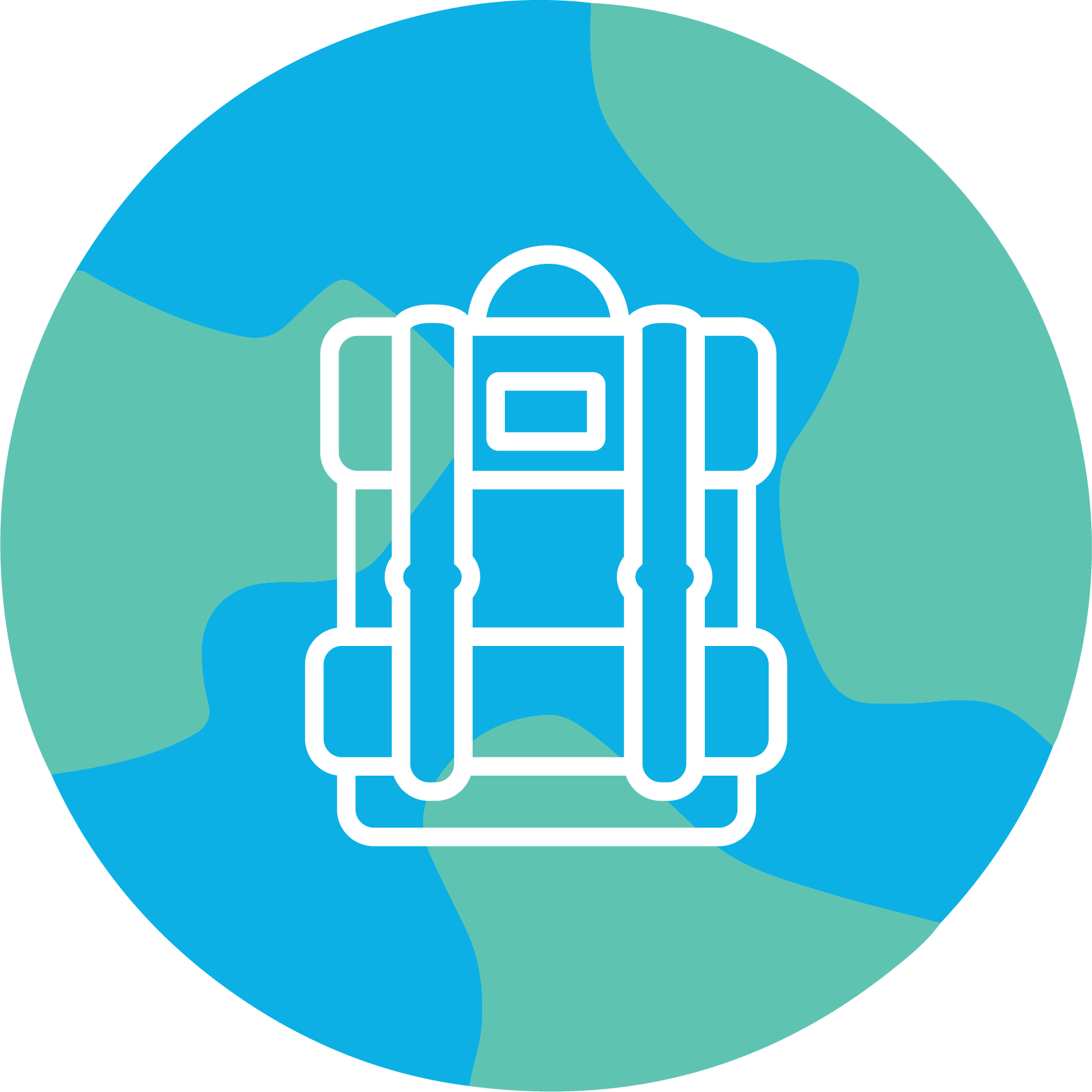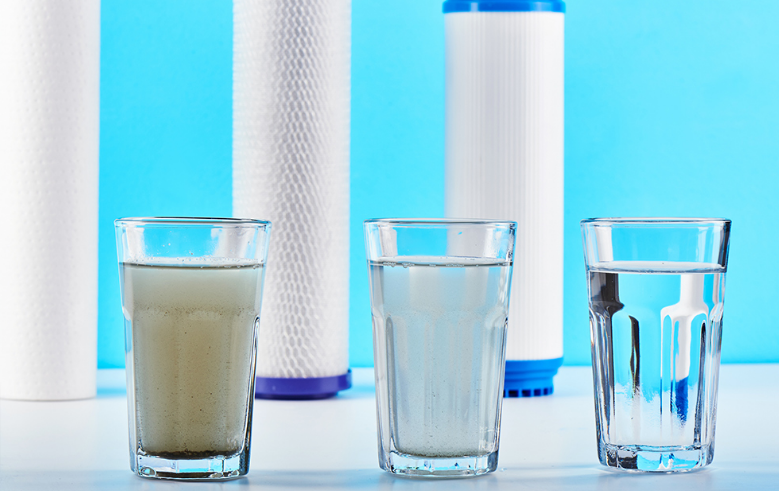Melatonin: The Master Key to Sleep, Hormones, and Happiness

Welcome to a fascinating journey into the world of melatonin!
This tiny hormone plays a pivotal role in regulating our sleep-wake cycle, but its impact goes far beyond just a good night's rest.
Join us as we explore how melatonin influences not only our sleep patterns but also testosterone levels, hormonal balance, and the neurochemicals responsible for our happiness.
So realistically it's one important component in the world of health and wellbeing!
Melatonin and Sleep
Imagine melatonin as the conductor of your internal orchestra, carefully orchestrating your sleep-wake rhythm. When darkness falls, the pineal gland in your brain starts producing melatonin, signalling to your body that it's time to wind down and prepare for sleep. However, several factors can influence melatonin production and disrupt the delicate balance.
Exposure to bright light, especially blue light emitted by electronic devices, in the evening can inhibit melatonin production (1). To counteract this, minimise screen time before bed and consider using blue light-blocking glasses or filters on your devices. Additionally, irregular sleep schedules, such as those experienced by shift workers or during long-distance travel, can disrupt melatonin production (2). It takes time for your body to adjust to new sleep patterns, so be patient and allow yourself time to adapt.
You can learn more about the importance of sleep here: The Science Of Sleep

Melatonin and Testosterone
Now, let's shift our focus to the hormone that's synonymous with masculinity: testosterone. Studies have shown a fascinating relationship between melatonin and testosterone levels. It turns out that melatonin plays a crucial role in the regulation of testosterone production. When melatonin levels are optimal, testosterone production tends to be higher (3).
Conversely, disruptions in melatonin production, such as in individuals with sleep disorders or those exposed to excessive light at night, may lead to lower testosterone levels (4). So, if you want to maintain healthy testosterone levels, ensuring a good night's sleep and protecting yourself from excessive artificial light are essential steps to consider.
You can find out more on a Technology Detox here: The Jaw Dropping Benefits of a Technology Detox

Melatonin and Hormonal Balance
Our hormones act like messengers in our body, playing a vital role in various physiological processes. Melatonin, in addition to regulating sleep and testosterone, also influences other hormones, including cortisol, the stress hormone. Research has shown that melatonin helps regulate cortisol levels, keeping stress in check (5).
Additionally, melatonin has been linked to the regulation of other hormones such as insulin, growth hormone, and thyroid hormones. Maintaining optimal melatonin levels is crucial for a well-balanced hormonal system. Factors such as hormonal disorders or medications can also affect melatonin production and disrupt the delicate balance. If you suspect any hormonal imbalances, it's essential to seek professional guidance for proper diagnosis and treatment.
Learn about Hormonal Balance here: Unveiling The Secret to Leptin, Ghrelin and Sleep

Melatonin and Neurochemicals of Happiness
Now, let's dive into the delightful world of happiness!
Neurochemicals like serotonin, dopamine, and endorphins are responsible for our feelings of joy and well-being. Guess what? Melatonin, once again, has a role to play here. Studies suggest that melatonin influences the production and release of these neurochemicals, contributing to our overall happiness and contentment (6).
"Just as a symphony conductor brings together different instruments to create beautiful music, melatonin orchestrates the harmony of our neurochemical symphony, keeping us smiling and fulfilled. However, lifestyle choices and habits can disrupt melatonin production and interfere with the delicate balance. Factors such as artificial light at night, caffeine and alcohol consumption, and high stress levels can all impact melatonin production and, consequently, our happiness (7)."
Melatonin Overview:
Melatonin truly is a marvel of nature, with its influence extending far beyond a restful night's sleep. From regulating sleep patterns and testosterone levels to maintaining hormonal balance and enhancing our happiness, melatonin is a powerful molecule with a profound impact on our well-being. By understanding the factors that affect melatonin production, we can take proactive steps to optimise its levels naturally.
Creating a sleep-friendly environment, minimising exposure to artificial light at night, and adopting healthy sleep habits are essential in promoting melatonin production (1, 2). Additionally, managing stress, limiting caffeine and alcohol intake, and seeking professional guidance for hormonal imbalances can all contribute to maintaining optimal melatonin levels (5).
Remember, melatonin is like the conductor of your internal orchestra, carefully guiding your sleep, hormones, and happiness. Nurture your sleep, embrace the darkness, and let melatonin work it’s enchanting wonders. Prioritising your well-being and understanding the magic of melatonin will lead you to a harmonious symphony of health, vitality, and happiness.
References:
- Glickman G, et al. (2003). Influence of light on melatonin suppression in humans. Journal of Clinical Endocrinology & Metabolism, 88(9), 4502-4505.
- Czeisler CA, et al. (1986). Bright light resets the human circadian pacemaker independent of the timing of the sleep-wake cycle. Science, 233(4764), 667-671.
- Luboshitsky R, et al. (2002). Melatonin administration alters semen quality in healthy men. Journal of Andrology, 23(4), 572-578.
- Leproult R, et al. (2011). Sleep loss results in an elevation of cortisol levels the next evening. Sleep, 34(2), 235-239.
- Pandi-Perumal SR, et al. (2008). Melatonin and its potential therapeutic applications in psychiatric disorders. Australian & New Zealand Journal of Psychiatry, 42(12), 998-1008.
- Cardinali DP, et al. (2002). Melatonin and serotonin in regulation of neurotransmitter systems: Importance for neurotoxicology. Neurotoxicity Research, 4(4), 341-346.
- Acuña-Castroviejo D, et al. (2014). Melatonin, mitochondrial homeostasis and mitochondrial-related diseases. Current Topics in Medicinal Chemistry, 14(22), 2521-2533.

Chris is a Certified Personal Trainer, Strength and Conditioning Coach, Sports Nutrition Advisor, Breathing Performance Coach, Cognitive Behavioural Therapist Coach, Over 10 years experience in the health and fitness industry, while also running his own businesses since 2014 allowing him to implement and practice tools that allowed him to thrive in life.
In the past Chris experienced first hand on how to overcome his own severe anxiety and depression through changing lifestyle habits and behaviours through holistic health.
Disclaimer: The information provided in this article is for educational purposes only and should not substitute professional medical advice. It is important to consult with a healthcare professional for personalised guidance and treatment regarding any sleep, hormonal, or health-related concerns.











Leave a comment